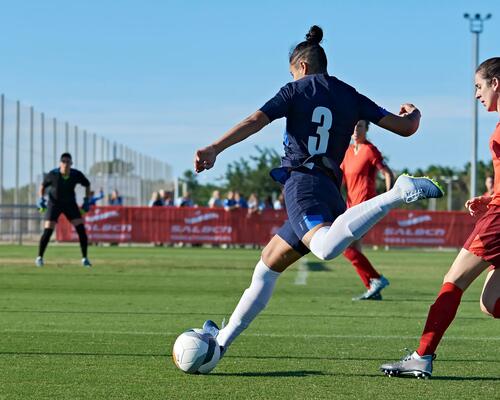You're a listener
If you want to be a good captain, you need to be approachable, thoughtful and available. You also need to have a natural gift for listening. It'll really help your team-mates to talk freely with you and to tell you things that are essential to the harmony and success of the team.
In that respect, you are the link with the coach and the team's other leaders and go-to players.




